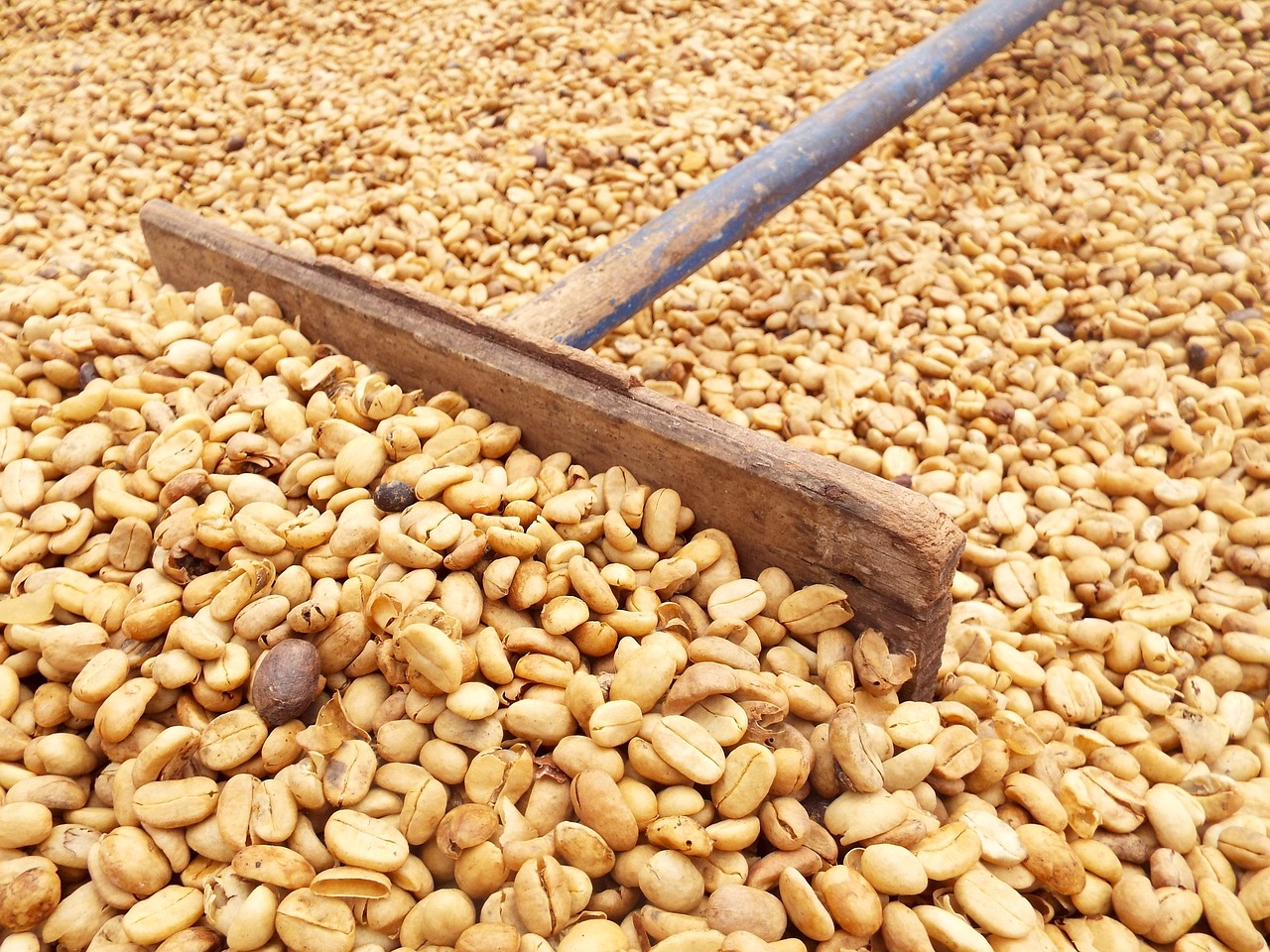If you are currently following a ketogenic diet, also called keto, then you have probably…

Opinion: Fair Prices Desperately Needed to End Coffee Farmer Poverty

Long championed by governments, private companies and nonprofits as a means of driving development, coffee has become one of the world’s most traded commodities. But while both consumer demand and prices have continued to increase, and coffee companies have registered record profits, the engines of this $200 billion industry — many of the world’s millions of coffee farmers — go to bed hungry, every night. This has been going on for decades.
Our two organizations, Heifer International and Lutheran World Relief, have worked with coffee farmers for more than 10 years. We have partnered with some of the biggest names in the industry. While we have had impact at a small scale, hunger and poverty has worsened in the coffeelands, forcing some farmers and workers to migrate. With conditions deteriorating for many coffee growing families, we are questioning whether we have the right approach.
Our search for a solution that will end poverty for these key players in this lucrative industry has led us to ask: does continuing to work with coffee companies that are profiting from the current market structures at the direct expense of farmers make us unintentionally complicit in pushing coffee farmers further into poverty?
Prices paid to coffee farmers keep falling and are currently below their cost of production. Yet retail consumer prices continue to rise. These retail price increases are not being passed on to producers in the form of fair prices. Today, less than 10% of the final price of coffee actually makes its way into growers’ pockets. We estimate that if we are to end poverty for coffee farmers, this figure needs to at least double.
Many years of work and millions of dollars spent by governments, companies and nonprofits have failed to ensure a fair and dignified pricing arrangement between farmers and roasters. Farmers remain price-takers and, in most cases, are unable to make a living income from their farms.
Consumers often see farmers as the faces of the coffee they buy, but are the projects we design and execute with financial support from roasters and others doing enough to address the root causes of this imbalance in the coffee value chain, or are we just feeding PR campaigns? In seeking a solution to the crisis facing farmers, this is a question we are asking ourselves, and we wonder whether other actors in the coffee sector share our concerns.
Farmers and workers do the hard work. They labor throughout the year to produce the coffee that we all love that is the foundation of this lucrative industry. Simply put, they need a better price for their hard work and their coffee.
We need to make this happen. We will be taking action, reaching out to consumers, private sector partners and other stakeholders to make them aware of the problem, and show how they can be part of the solution.
By working together with all actors in the coffee value chain, we can end poverty for millions of coffee farmers and workers. Urgent action is needed. Without it, we are all only pushing farmers deeper into poverty, an end that serves no one.
Pierre Ferrari, President and CEO Heifer International
Daniel Speckhard, President and CEO Lutheran World Relief






